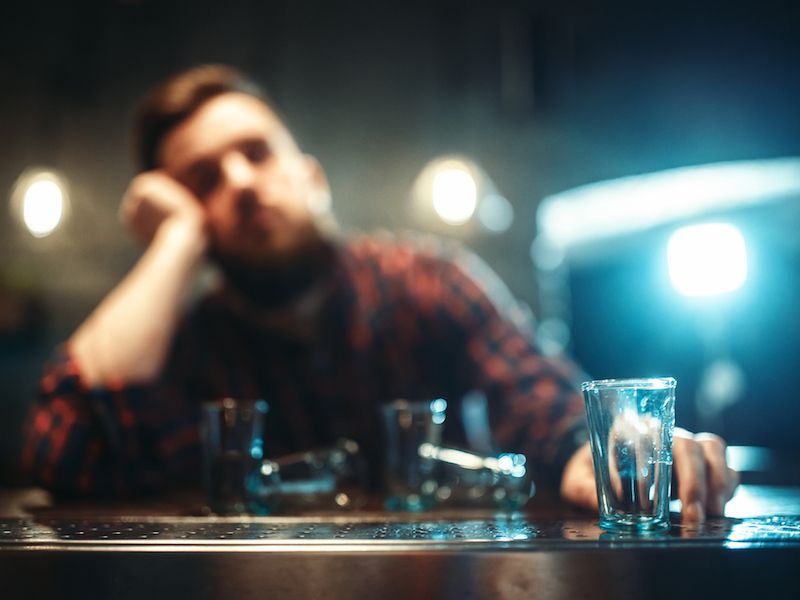
More than likely you are aware that the US is facing an opioid crisis. Overdoses are killing more than 130 people every day. But what you may not be aware of is that there is a troubling link between loss of hearing and drug and alcohol abuse.
According to new research published in the American Journal of Preventive Medicine and carried out by a group from the University of Michigan, there’s a connection between those under fifty who are suffering from hearing loss and abuse of alcohol or other substances.
Approximately 86,000 people took part in the study and it was found that the younger the person, the stronger the connection. Sadly, it’s still unclear what causes that connection to begin with.
Here’s what this specific research found:
- People who developed hearing loss over the age of fifty were not different from their peers in terms of substance abuse rates.
- People were two times as likely to develop a general substance abuse problem than their peers if they got hearing loss between the ages of 35 and 49.
- People who developed hearing loss when they were younger than fifty were at least two times as likely to misuse opioids than their peers. They were also usually more likely to abuse other things, such as alcohol.
Hope and Solutions
Because researchers have already taken into consideration economics and class so those figures are particularly shocking. We have to do something about it, though, now that we have recognized a connection. Keep in mind, causation is not correlation so without understanding the exact cause, it will be hard to directly deal with the problem. A couple of theories have been put forward by researchers:
- Social isolation: Cognitive decline and social isolation are well known to be associated with hearing loss. In situations like these, it’s common for people to self medicate, especially if the individual in question doesn’t really understand the cause–he or she may not even realize that hearing loss is the issue.
- Higher blood pressure: Of course, it’s also true, That blood pressure is raised by alcohol, sometimes to levels that are unhealthy. And both high blood pressure and some pain killers have been shown to harm your hearing.
- Ototoxic medications: Hearing loss is known to be caused by these medications.
- Lack of communication: Emergency medical departments are designed to get people in, deal with them, and get them out as efficiently (or, in many cases, quickly) as they can. And if there is a life threatening emergency they can be in even more of a rush than usual. In situations such as this, a patient might not get correct treatment because they can’t hear questions and directions properly. They may not hear dosage advise or other medication directions.
Whether loss of hearing is made worse by these situations, or that they are more likely to happen to those with hearing loss, the damaging repercussions to your health are the same.
Preventing Hearing Loss and Substance Abuse
The authors of the research recommend that doctors and emergency responders work extra hard to ensure that their communication standards are current and being implemented. It would help if doctors were on the lookout for people with loss of hearing, in other words. But it would also help if we as individuals were more mindful of some of the signs of hearing loss, too, and got help when we need it.
Don’t be scared to ask questions of your doctors such as:
- Will I get addicted to this medication? Do I actually need it, or is there an alternative medicine available that is less dangerous?
- Will I have an ototoxic reaction to this medication? Are there alternate options?
Never go home from a doctor’s appointment with medicines unless you are crystal clear on their risks, what the dosage schedule is and how they impact your general health.
Additionally, if you suspect you are suffering from hearing loss, don’t wait to get checked. Ignoring your hearing loss for only two years can pay 26% more for your health care. Schedule a hearing examination today.